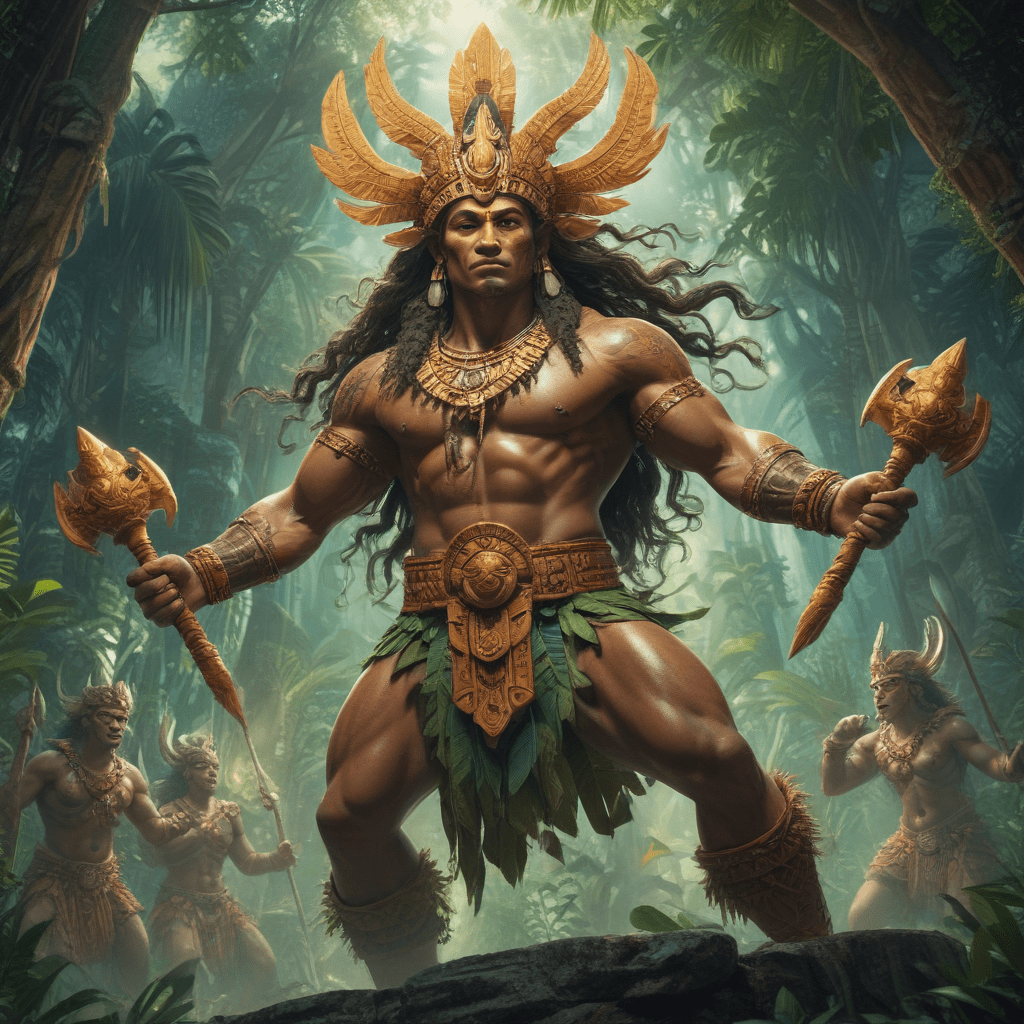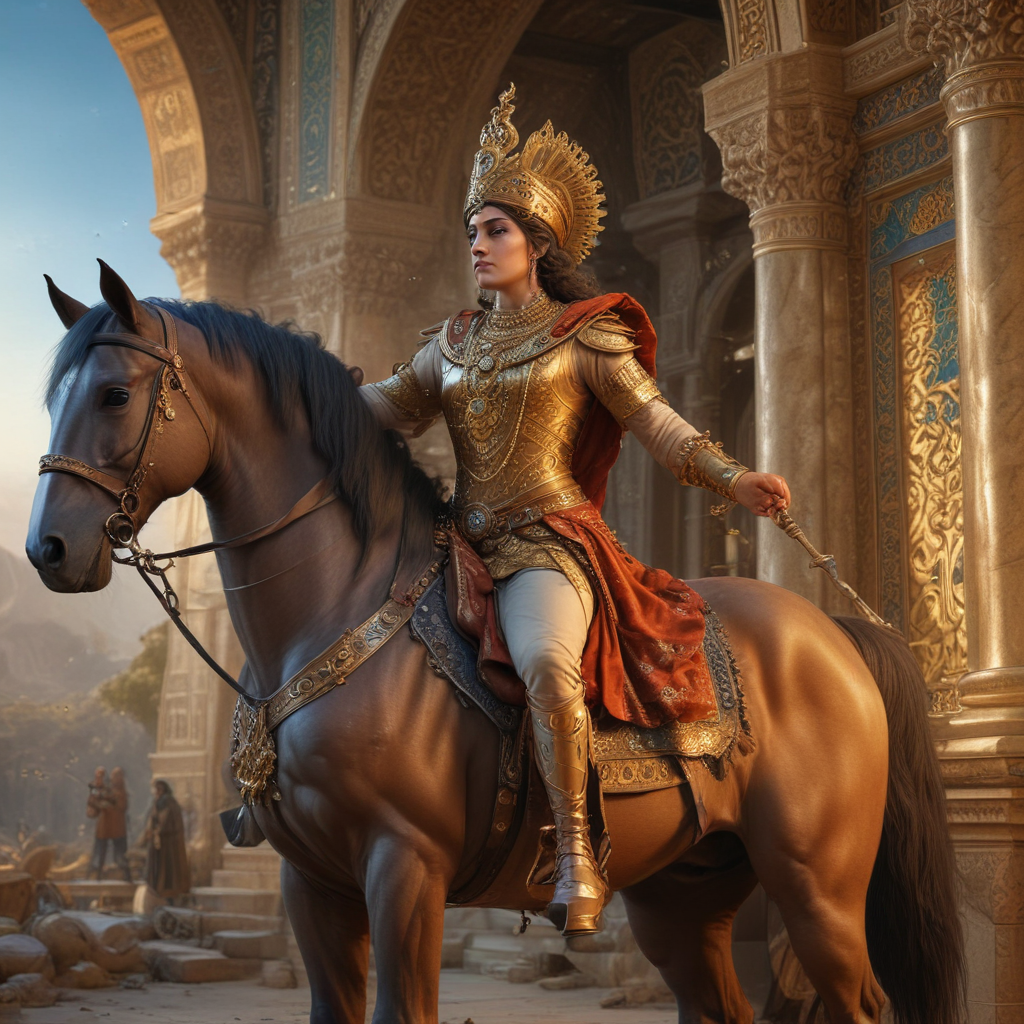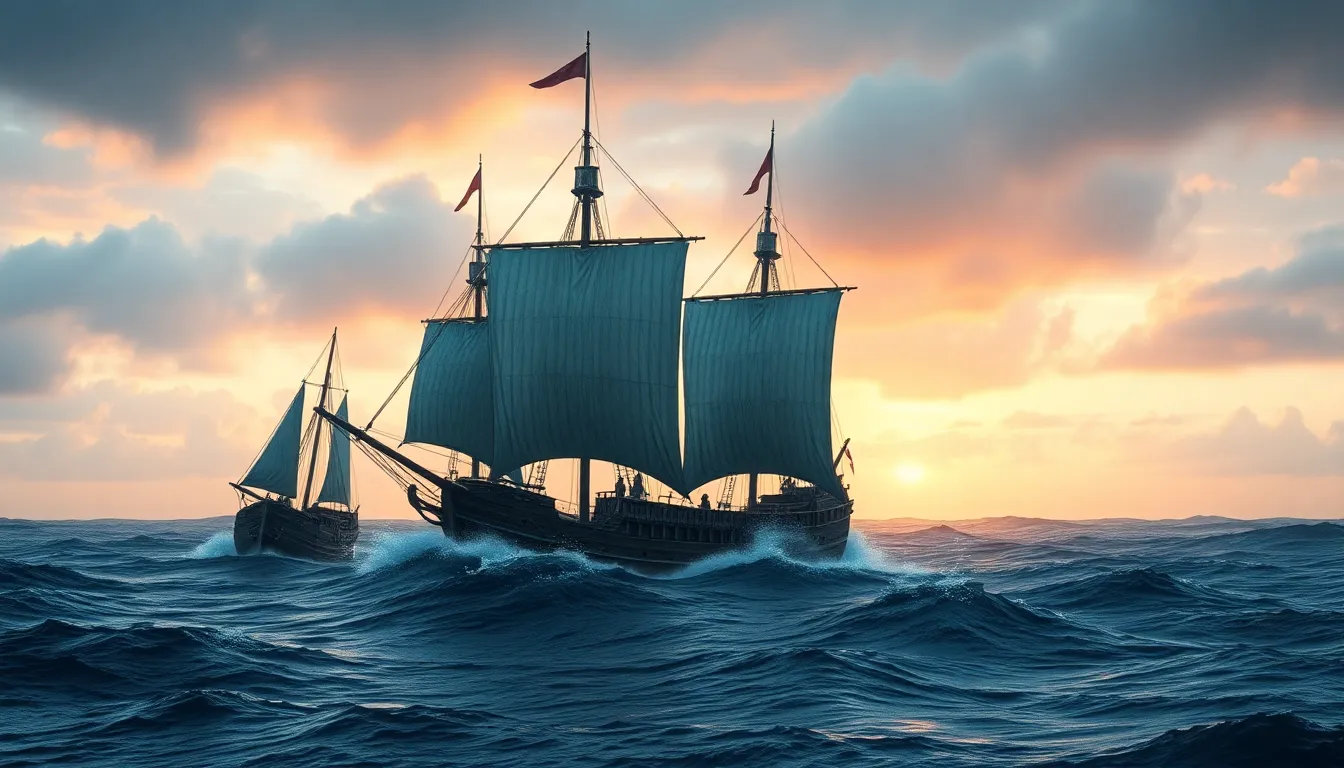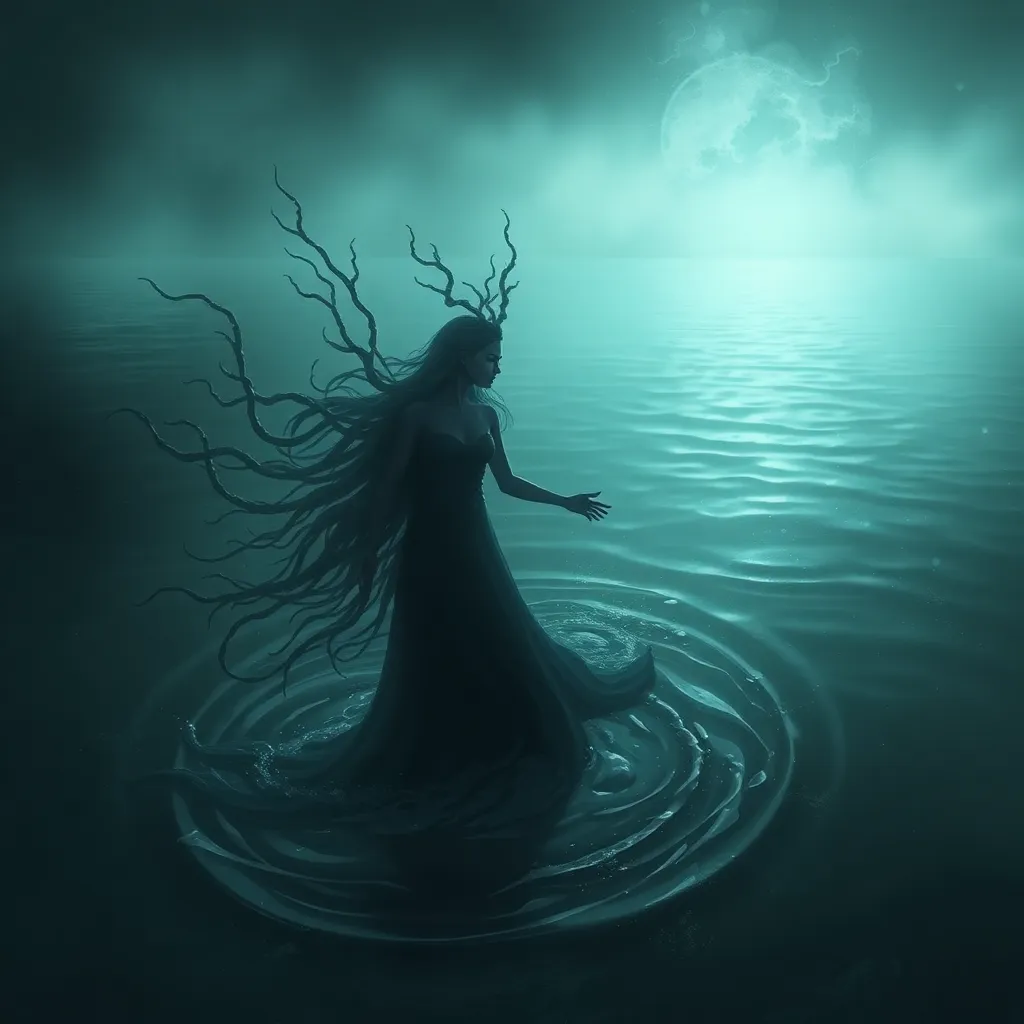Origins and Evolution of Polynesian Deities
Polynesian mythology, a captivating tapestry of ancient beliefs and stories passed down through generations, features a pantheon of powerful deities who shaped the world and guided the lives of the Polynesian people. These deities were believed to possess immense power over the natural world, human affairs, and the afterlife. Their origins are shrouded in the mists of time, but their influence on Polynesian culture remains profound.
Over centuries, Polynesian deities evolved and took on new forms and characteristics as they traveled with the Polynesians across the vast expanse of the Pacific Ocean. Each island group developed its unique interpretations and variations of the deities, giving rise to a rich and diverse mythology.
The Creation and Divine Ancestors
At the heart of Polynesian mythology lies the creation story, a tale of how the world emerged from chaos and darkness through the actions of divine ancestors. These ancestors, known by various names across the Polynesian islands, played a pivotal role in shaping the world and bringing forth life.
The creation story often involves a primordial couple, such as Tangaloa and his wife, who represent the forces of creation and order. Their offspring became the various deities who ruled over different domains of the natural world and human society.
Major Gods and Goddesses of Polynesian Mythology
Polynesian mythology is replete with a vast array of gods and goddesses, each with their unique attributes and powers. The most prominent and widely revered deities include:
- Tangaloa: The supreme creator god, often associated with the sky and sea.
- Māui: A demigod known for his cunning and strength, who achieved legendary feats like slowing the sun and bringing fire to humanity.
- Hina: The goddess of the moon, childbirth, and healing.
- Rongo: The god of agriculture, peace, and fertility.
- Tāne: The god of forests, birds, and craftsmen.
These deities played significant roles in shaping the lives of the Polynesians, influencing everything from farming and fishing to warfare and navigation.
6. Worship and Rituals Dedicated to Deities
Polynesian deities were revered through various forms of worship and rituals. Offerings, prayers, and chants were used to express gratitude, seek favor, and avert misfortune. Temples and shrines were constructed in their honor, where priests and priestesses performed sacred ceremonies and rituals.
One of the most significant rituals was the offering of first fruits, where the choicest produce of the harvest was presented to the deities as a gesture of gratitude and to ensure continued abundance. Festivals and celebrations were also held to honor specific deities, often involving elaborate costumes, music, and dancing.
7. Divine Intervention and Its Impact on Humans
Polynesians believed that deities played an active role in their lives, intervening in human affairs and influencing their destiny. They sought divine guidance through dreams, oracles, and signs from nature. Deities could bestow blessings, such as good health, bountiful harvests, and successful voyages, or punish those who transgressed their laws.
8. The Influence of Deities on Polynesian Culture
Polynesian deities had a profound influence on the culture and values of the Polynesian people. Their stories and teachings shaped social norms, ethical conduct, and artistic expression. Deities were seen as the guardians of tradition and the protectors of the community.
9. Deities and the Natural World
Polynesian deities were closely associated with the natural world. Tangaloa was the god of the sea, while Tāne ruled over the forests. Deities were believed to control the elements, such as wind, rain, and volcanoes, and could influence the behavior of animals and plants.
10. Legacy and Contemporary Significance of Polynesian Deities
The legacy of Polynesian deities continues to this day. Their stories and teachings are still passed down through generations, preserving the cultural heritage of the Polynesian people. In contemporary times, there has been a resurgence of interest in Polynesian mythology, with many people seeking to connect with their cultural roots and explore the wisdom of their ancestors.
FAQs
1. Who is the supreme creator god in Polynesian mythology?
Tangaloa
2. Which demigod is known for his cunning and strength?
Māui
3. What is the role of Hina in Polynesian mythology?
Goddess of the moon, childbirth, and healing
4. Which god is associated with agriculture, peace, and fertility?
Rongo
5. How do Polynesians worship their deities?
Offerings, prayers, chants, rituals, temples, shrines, festivals, celebrations



